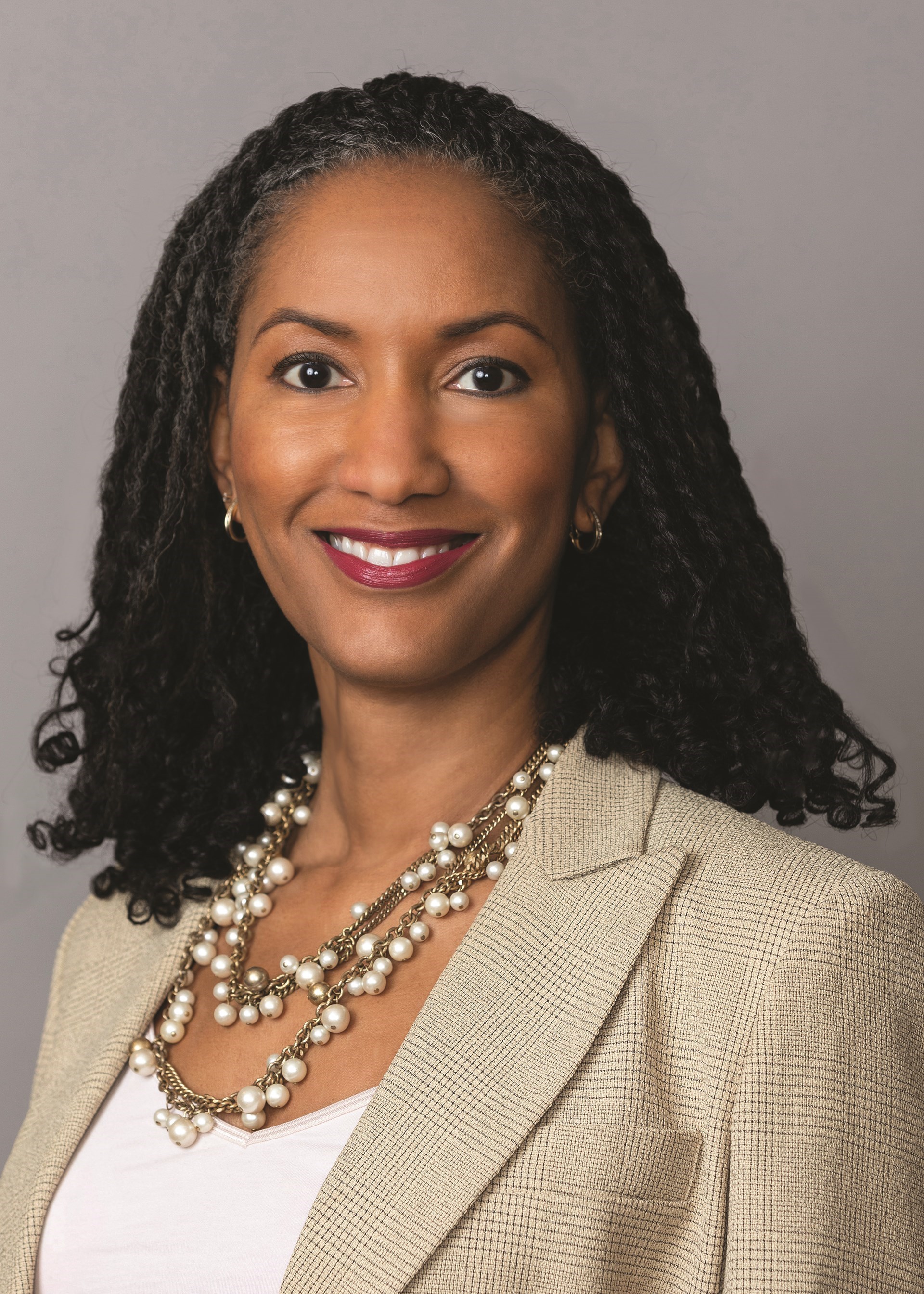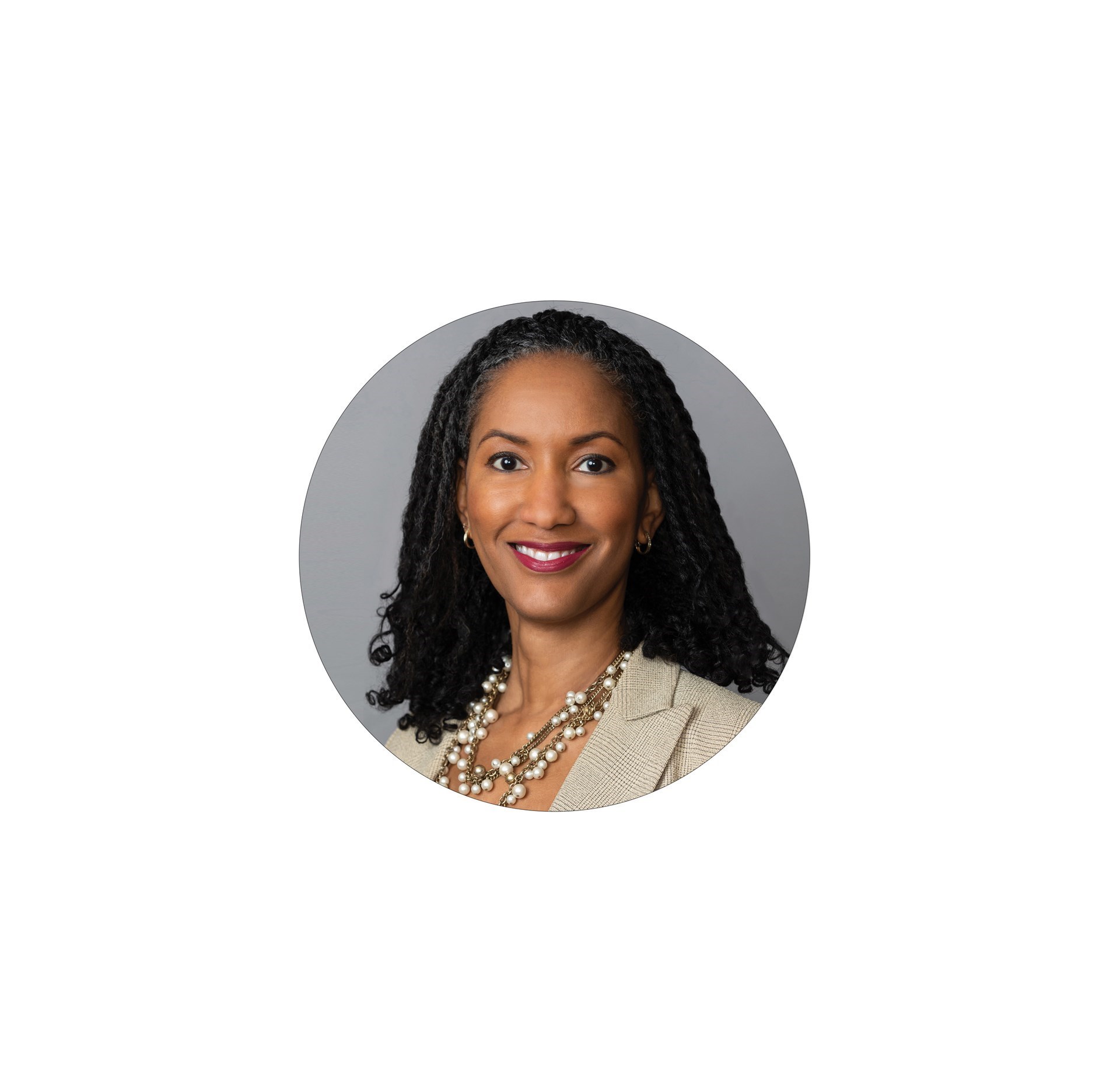Mid-March is always an exciting, albeit anxiety-inducing time for medical students. For students interested in surgery, Match Day determines where they will spend the next 4–12 years of their lives in training.
If we look back to when we matched, I imagine you remember experiencing a range of emotions: Hope, determination, jubilation, and perhaps a little anxiety.
This spring and summer, many new attendings and partners will also begin the next phase of their careers.
As we welcome and celebrate the incoming class of residents, fellows, and partners—our current and future colleagues—I encourage all of us to keep five things in mind.
1 Be Patient
First, be patient. Our newly minted trainees will be eager to please us and demonstrate their knowledge and skill. We need to remember that they may be worrying internally about their clinical and operative skills and adjusting to the responsibility of being an MD. Those of us with responsibility to teach must be good mentors as we model accountability and evidence-based patient care.
Our new partners also require our patience as they transition into their new roles. Help them become familiar with the ACS offerings that you value the most, and point out new offerings such as resources in the Practice Management and Professional Growth sections on facs.org.
2 Encourage Reading
Second, encourage their curiosity and urge them to continue being voracious readers of the medical literature. This is a lifelong skill we have all mastered. We can share our meaningful tips and tools with the next generation. It’s easy to access peer-reviewed surgical science such as what we offer in the Journal of the American College of Surgeons (JACS) or other journals via a computer or mobile device. They also can read the monthly Bulletin to learn more about important offerings the ACS provides.
Three members of our Resident and Associate Society (RAS) provide thoughtful advice and feedback for new residents based on their first years in the position.
If it’s easier to listen than read, the ACS also offers three podcast series in which surgeons discuss new research, clinical practice, surgical hot topics, leadership, and surgical career paths. These podcasts are geared toward all surgeons, in all career stages, and in all practice settings. Learn more at facs.org/podcasts.
3 Support Skills Training
Third, find ways to help trainees continue practicing hands-on skills outside of patient care opportunities. As surgeons, nothing is as important as our knowledge and judgment, followed by—and what sets us apart from other specialties—our hands and how we use them to care for our patients. Residents need to get as much exposure as possible, in as many situations as possible, to improve their dexterity, refine their decision-making, increase efficiency, and maintain concentration, especially during the most complicated cases.
Give them the time and opportunity to practice, whether it is in the OR, in the simulation lab, or through courses like the ones that the ACS provides.
For you and your new colleagues, shared experiences and hands-on skills acquisition courses keep our techniques sharp.
4 Introduce Quality Improvement
Fourth, it’s never too early to embrace quality and the quality improvement process. Providing high-quality care is at the heart of everything we do as surgeons, so it’s essential that residents and early career surgeons adopt a continuous quality improvement (QI) mindset. Take time to introduce them to QI projects involving your surgical team and indoctrinate them into a lifestyle, where participating in clinical outcomes registries and making data-informed decisions are a routine part of their practice.
Encourage participation in our ACS Quality improvement primer and attend the Quality and Safety Conference with them. Registration opens this month for the 2023 conference, July 10–13, in Minneapolis, MN. The content is geared toward all members of the surgical team.
5 Stress Advocacy
Finally, stress the importance of getting involved now in advocacy efforts for our profession and our patients. This month, the ACS is hosting its annual Leadership & Advocacy Summit in Washington, DC, where we’ll discuss the healthcare issues that are important for elected officials and regulators to understand, followed by meetings with lawmakers and Congressional staff on Capitol Hill.
Resident and early career surgeon voices can be a powerful part of our advocacy efforts; developing productive and long-term relationships with those making decisions about healthcare laws, regulations, and payments is essential. Many of the legislative aides with whom we meet are early career professionals themselves. Our voices and those of young surgeons resonate. Advocating on behalf of our patients with your new partners can help amplify surgery’s voice.
It’s also crucial that everyone understands what the ACS Professional Association SurgeonsPAC does and how it helps pave the way for meaningful dialogues with decision makers and provides access to the highest-quality surgical resources for patients.
Member Benefits for Residents and Associates
The RAS is a special organization within the ACS that helps connect residents with peers and provides an avenue for camaraderie and participation in various activities, including educational sessions, scholarships, primers, mentoring programs, “Hangouts,” and leadership training. Membership in RAS is automatic for ACS Resident Members and Associate Fellows: those who are in training, and those who are early in their careers, passing their Boards, and just starting out.
In addition, we offer residents free admission to Clinical Congress, a free subscription to JACS, and discounted access to other publications and programs such as contract negotiation services and insurance products.
In 2021, the Board of Regents approved free dues for residents beginning with the 2022–2023 dues cycle. Please make sure that all residents with whom you come in contact are aware of this new offer and take advantage of it. Our collective reinforcement about the value of belonging to a community of like-minded professionals will have a significant and positive impact on their career trajectories, not just now, but throughout their lifetimes.
Support for All Surgeons
Surgical residents are the future of our profession, and our new partners are important colleagues. The ACS is committed to supporting surgeons throughout their careers. The ACS is the House of Surgery and champions surgeons in all specialties, in all practice settings, and at all career stages.
Surgeons have a unique ability to adapt to a changing environment, lead with enthusiasm, and inspire confidence in our teams. It is a privilege to care for our patients, and I look forward to sharing our skills, knowledge, and passion for our profession with this next generation.







